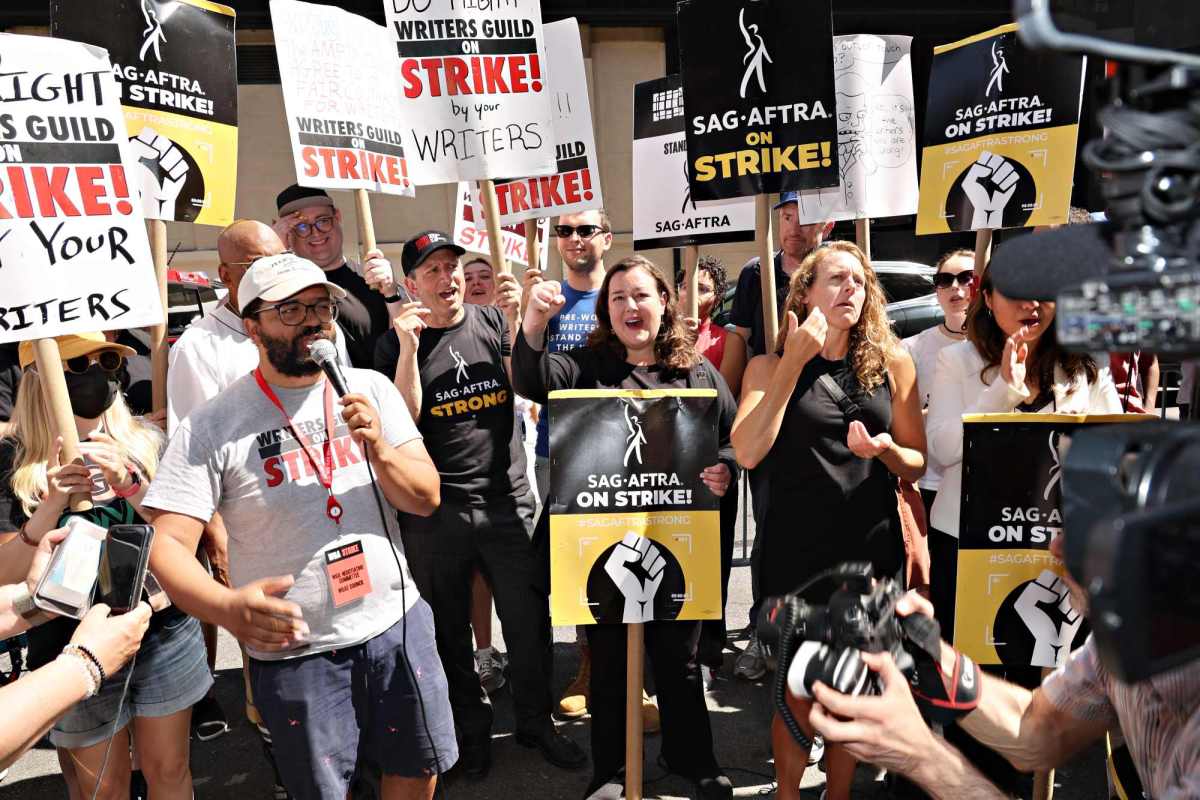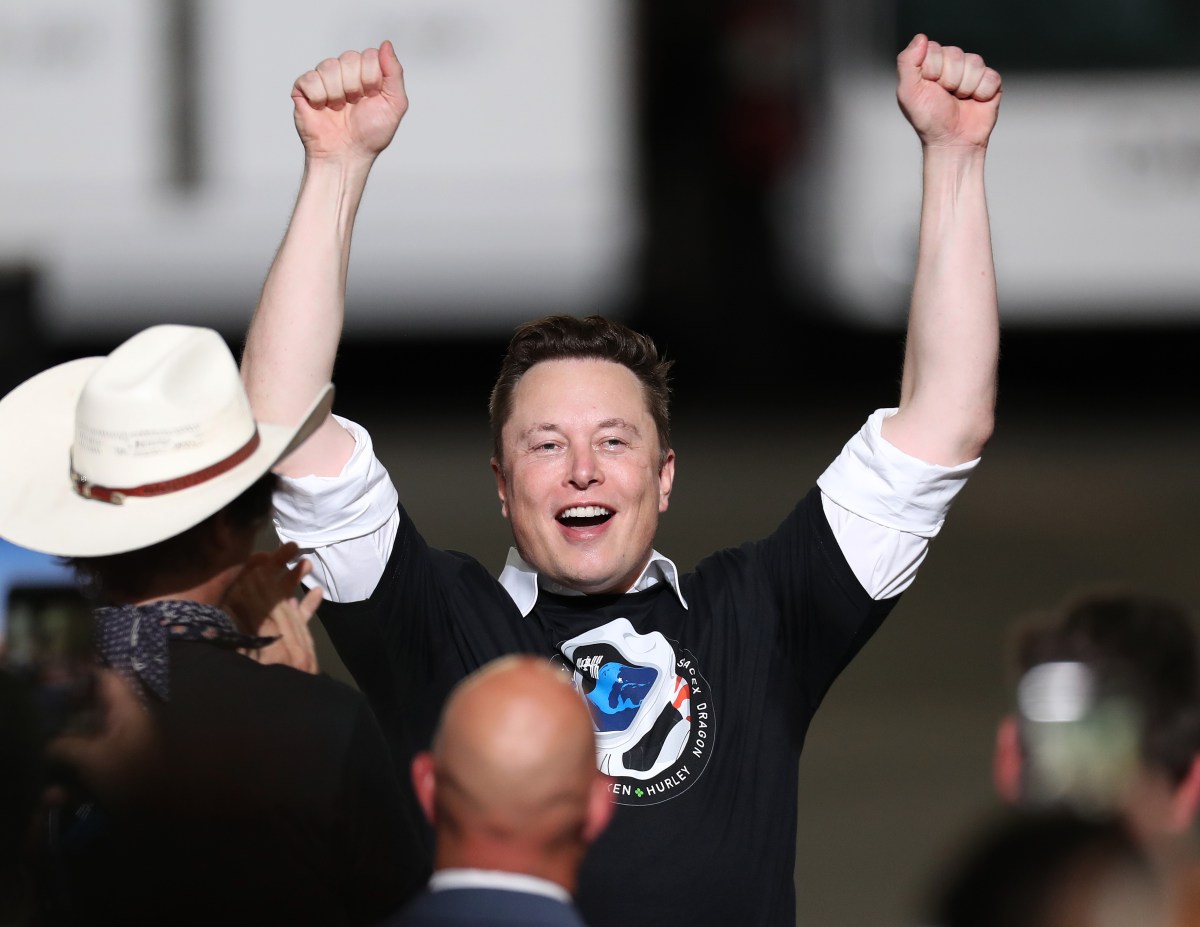Creators vow not to scab as SAG-AFTRA, WGA strikes continue | TechCrunch
As Hollywood’s writers and actors unions remain on strike, studios are turning to content creators to promote their movies and attend their screenings. But over 115 creators with a combined 80 million followers are pledging that they won’t cross the picket line while the SAG-AFTRA and WGA strikes rage on.
“Before I was a creator, I used to work in restaurants full time, and that makes me no stranger to being exploited for my labor,” Jonathan Kung, a chef with 1.7 million TikTok followers, told TechCrunch.
When Kung saw that TikToker and Gen Z for Change director Victoria Hammett was organizing creators to show solidarity with striking writers and actors, he immediately signed onto this pledge, which is called Labor Over Likes.
“As content creators, we produce pretty much all the content we make. We are the writers, we are the talent, we are the producers,” Kung said. “Having that understanding of the entire process makes me realize how important every part of that process is.”
Gen Z for Change, a youth political nonprofit, launched Labor Over Likes on Tuesday and continues to amass more signatures. The movement also seeks to educate creators about what role they play amid this larger labor struggle. Though some creators will proudly scab and take work from struck studios, others may simply not understand how they could be implicated.
“We wanted to set a norm for other influencers, who are maybe less involved in labor movements… this is not for us to do,” TikTok creator and Gen Z for Change member Abbie Richards told TechCrunch. “Don’t cross the picket line, and make sure they understand that this could potentially harm their career down the line too.”
Even though most creators aren’t part of these unions, they can be barred from joining them in the future if they work with struck studios and replace union labor.
Those who sign on to Labor Over Likes are vowing to follow SAG-AFTRA’s influencer guidelines, which bar them from working with any AMPTP studios or promoting these companies’ work. So, for example, if an influencer took a brand deal to promote an upcoming Disney movie, they’d be in violation.
“The lines between Hollywood and content creation have blurred to such a degree that I think we have to show solidarity,” Richards said.
When the WGA last went on strike in 2007, internet personalities didn’t have nearly the same reach that they do today — at the time, Smosh had the most subscribers on YouTube with around 100,000. That’s still a substantial audience, but these days, some major creators have even larger audiences than Hollywood stars, making them an obvious target for studios that are struggling to promote their new releases.
“There was a lot of concern at the start of the strike that those studios would be reaching out to non-union members and trying to get them to produce content for them to replace the striking writers and actors,” said Richards. “I think it’s important that in such a blended space — where we are all part of this much larger, amorphous blob of a creative content industry — that we’re quite clear that we’re not interested in doing that.”




